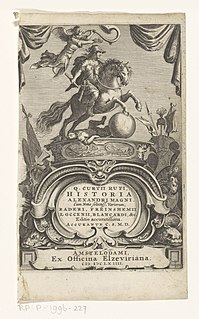A Quote by John Dryden
The end of satire is the amendment of vices by correction; and he who writes honestly is no more an enemy to the offender than the physician to the patient when he prescribes harsh remedies.
Related Quotes
Doctor Johnson said, that in sickness there were three things that were material; the physician, the disease, and the patient: and if any two of these joined, then they get the victory; for, Ne Hercules quidem contra duos [Not even Hercules himself is a match for two]. If the physician and the patient join, then down goes the disease; for then the patient recovers: if the physician and the disease join, that is a strong disease; and the physician mistaking the cure, then down goes the patient: if the patient and the disease join, then down goes the physician; for he is discredited.
Engineers are not the only professional designers. Everyone designs who devises courses of action aimed at changing existing situations into preferred ones. The intellectual activity that produces material artefacts is no different fundamentally from the one that prescribes remedies for a sick patient or the one that devises a new sales plan for a company or a social welfare policy for a state.
A physician who fails to enter the body of a patient with the lamp of knowledge and understanding can never treat diseases. He should first study all the factors, including environment, which influence a patient's disease, and then prescribe treatment. It is more important to prevent the occurrence of disease than to seek a cure.
At first the analysing physician could do no more than discover the unconscious material that was concealed from the patient, put it together, and, at the right moment, communicate it to him. Psychoanalysis was then first and foremost an art of interpreting. Since this did not solve the therapeutic problem, a further aim quickly came in view: to oblige the patient to confirm the analyst's construction from his own memory.
Remember. You are a physician. You are not a policeman nor are you a minister of religion. You must take people as they come. Remember, too that though you will generally know more about the condition than the patient, it is the patient who has the condition and this if nothing else bestows on him or her a kind of wisdom. You have the knowledge but that does not entitle you to be superior. Knowledge makes you the servant not the master.







































